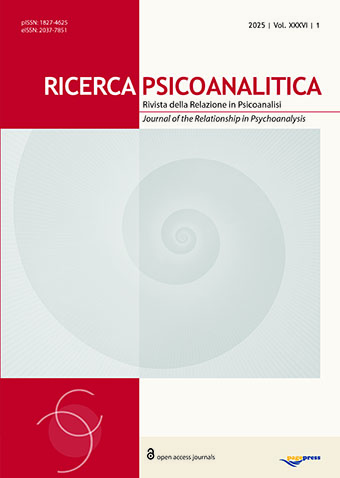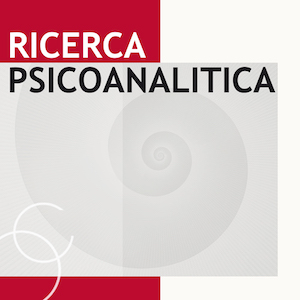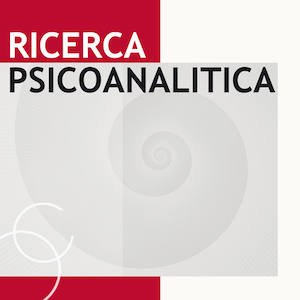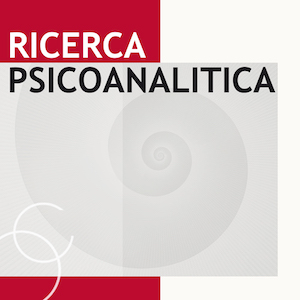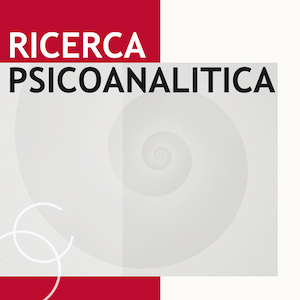SIPRe in the international context: contributions at the International Federation of Psychoanalytic Societies (IFPS) Forum
Vol. 36 No. s1 (2025)
Feeling existent and being in the world under certain conditions. The diagnosis revisited from a relational psychoanalytic perspective
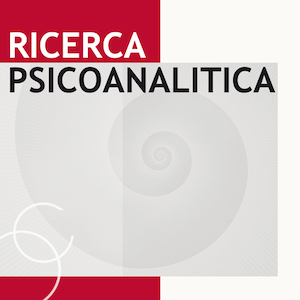
Publisher's note
All claims expressed in this article are solely those of the authors and do not necessarily represent those of their affiliated organizations, or those of the publisher, the editors and the reviewers. Any product that may be evaluated in this article or claim that may be made by its manufacturer is not guaranteed or endorsed by the publisher.
All claims expressed in this article are solely those of the authors and do not necessarily represent those of their affiliated organizations, or those of the publisher, the editors and the reviewers. Any product that may be evaluated in this article or claim that may be made by its manufacturer is not guaranteed or endorsed by the publisher.
Published: 17 July 2025
420
Views
344
Downloads

